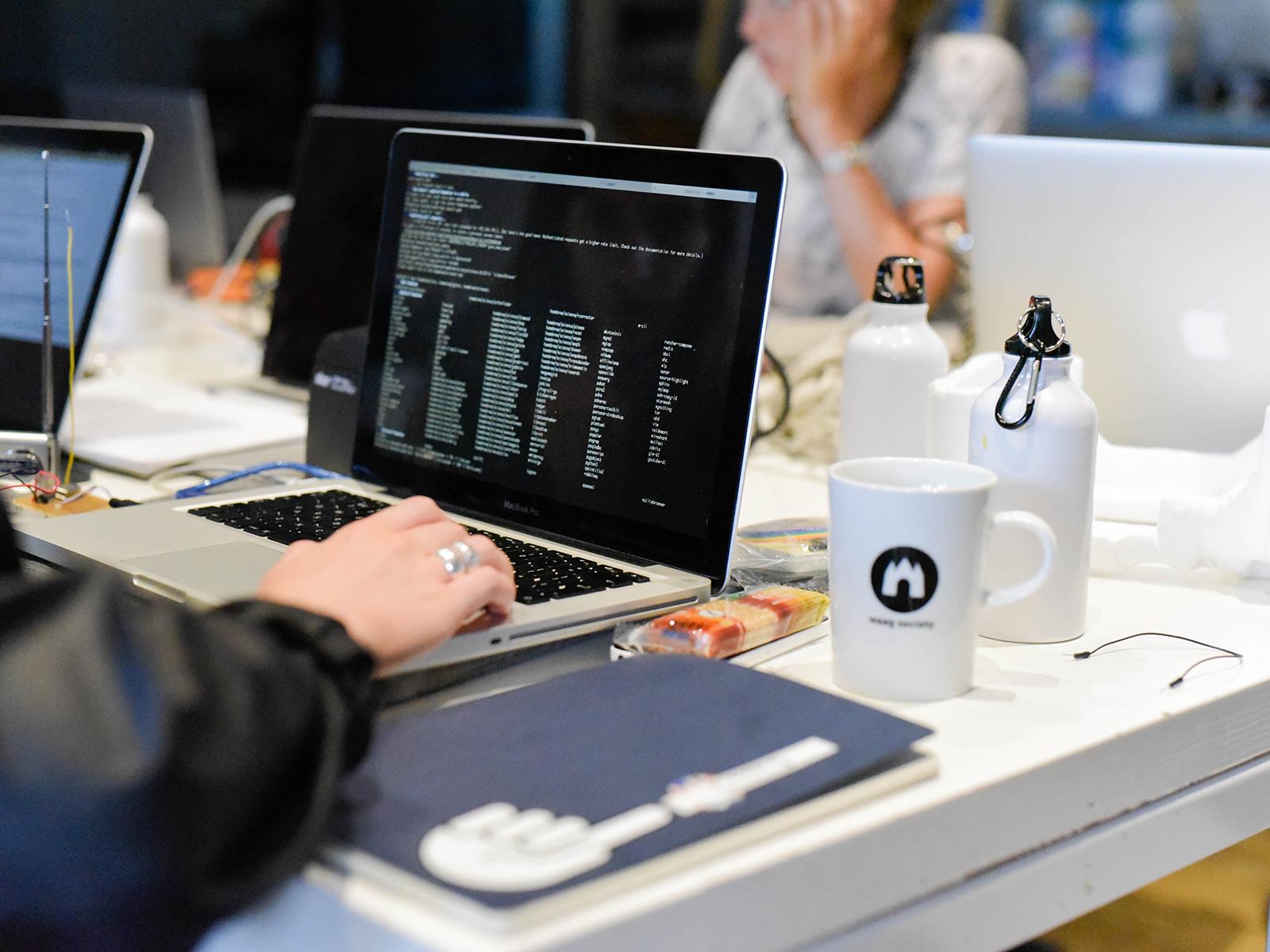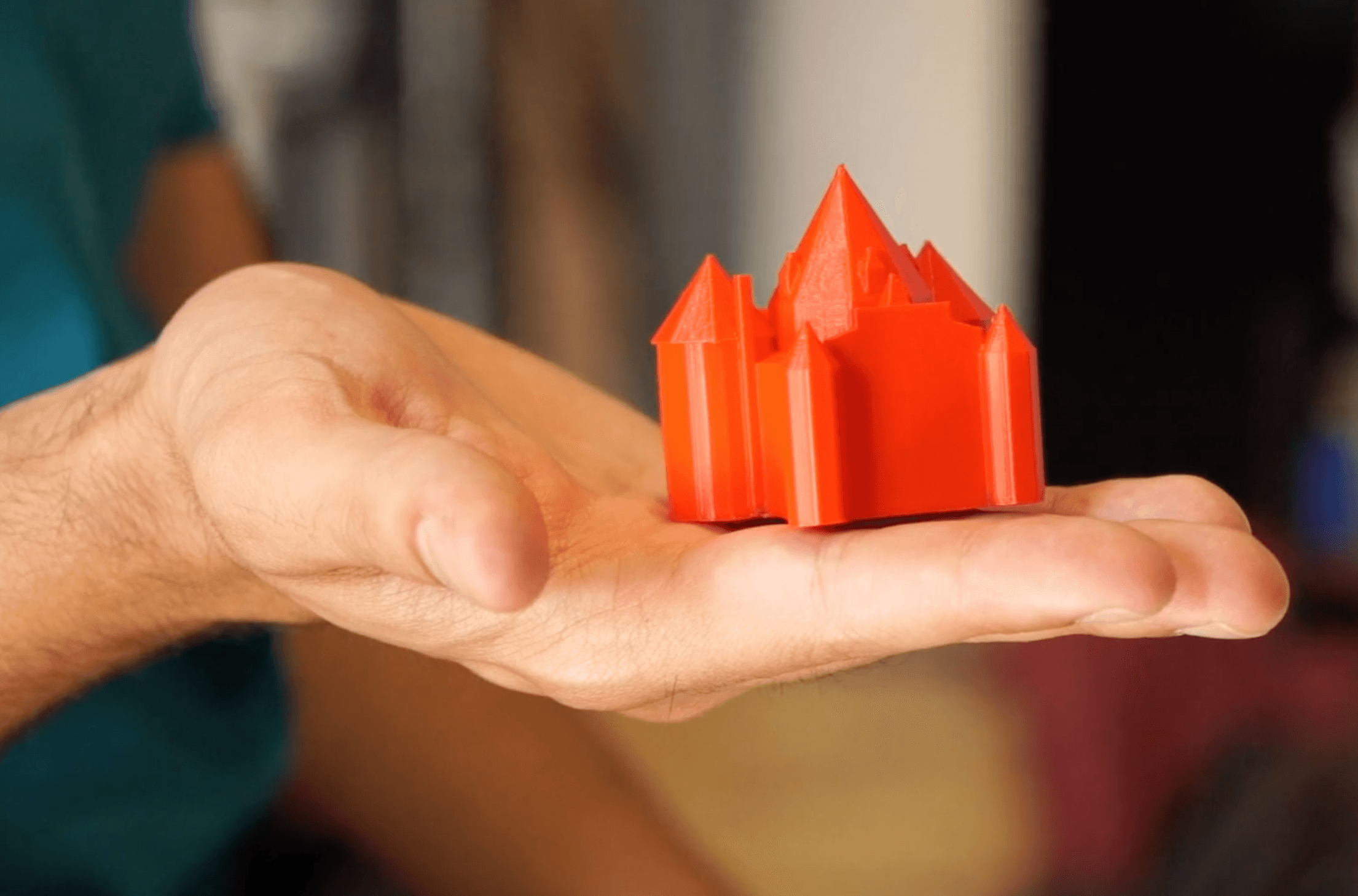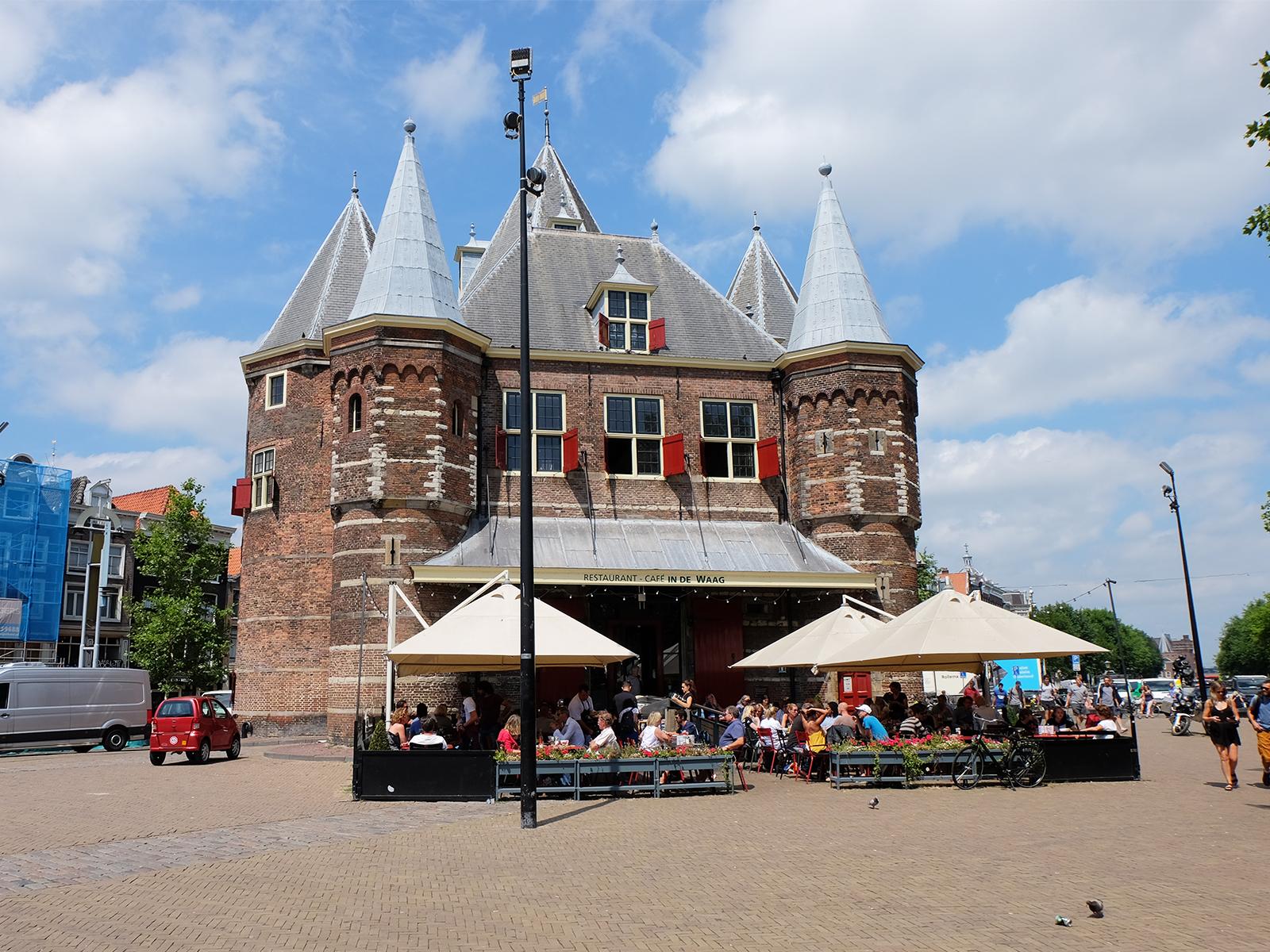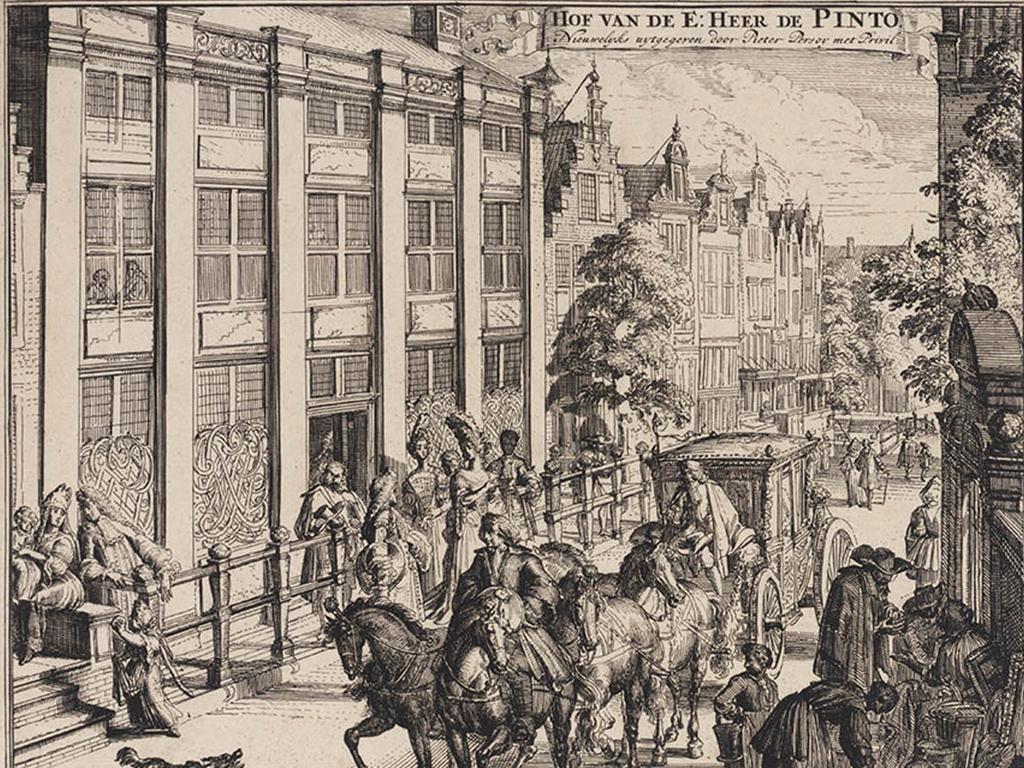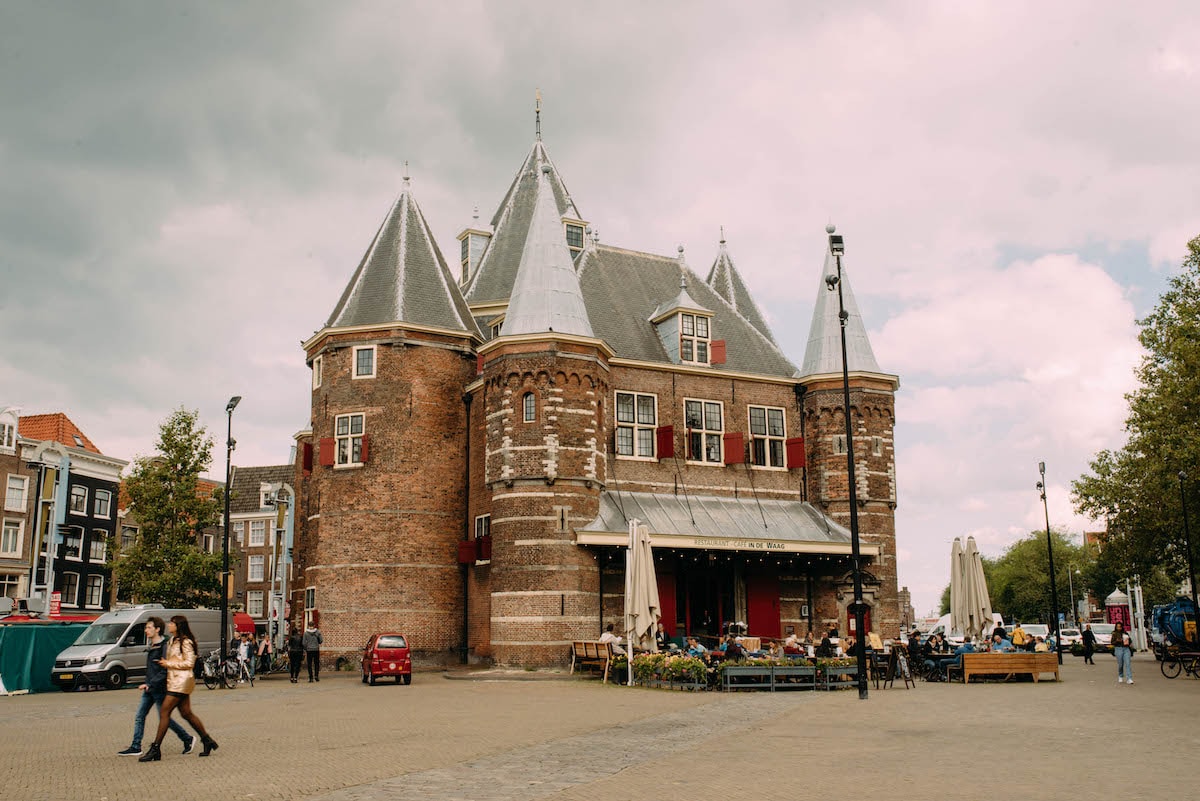
What is Waag?Futurelab for technology and society
Research
Waag consists of twelve research labs that conduct research on various themes related to technology and society. These labs use research methods to enable as many people as possible to help design our future. We call this Public Research. The social environment and the perspective of citizens are central to it.
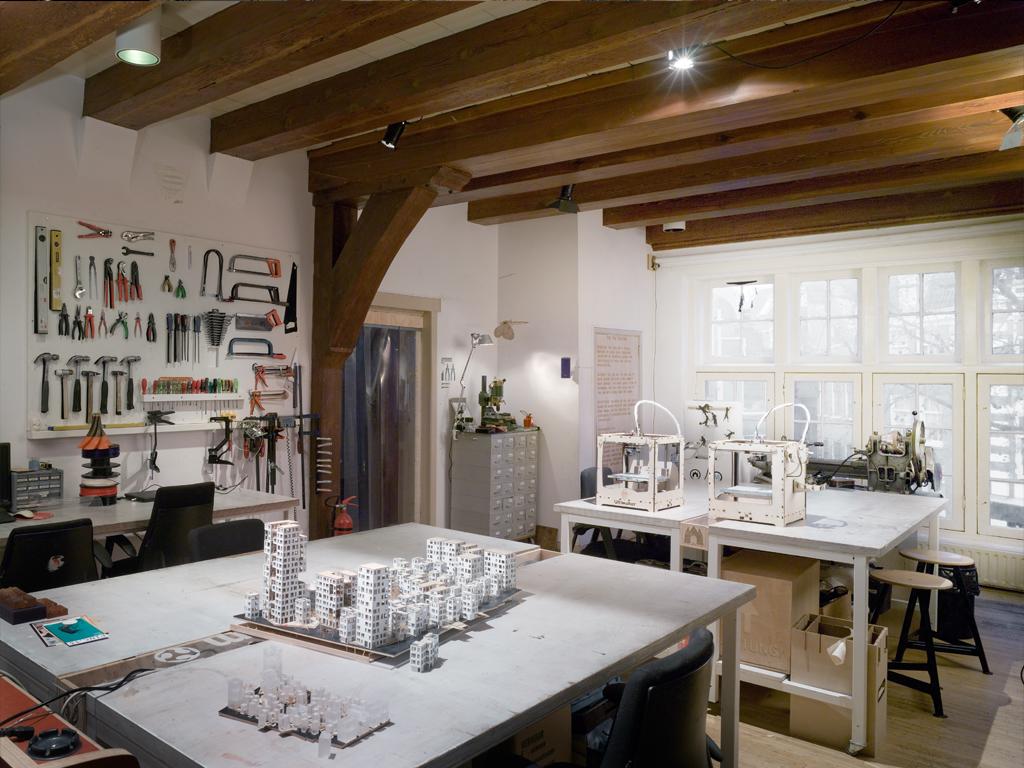
Waag's Research Labs
Events
Every month, Waag opens its doors for Waag Open, our monthly public programme. Within this programme, we highlight current themes, organise a variety of workshops, and present collaborations between scientists, designers and artists. Everyone can participate.
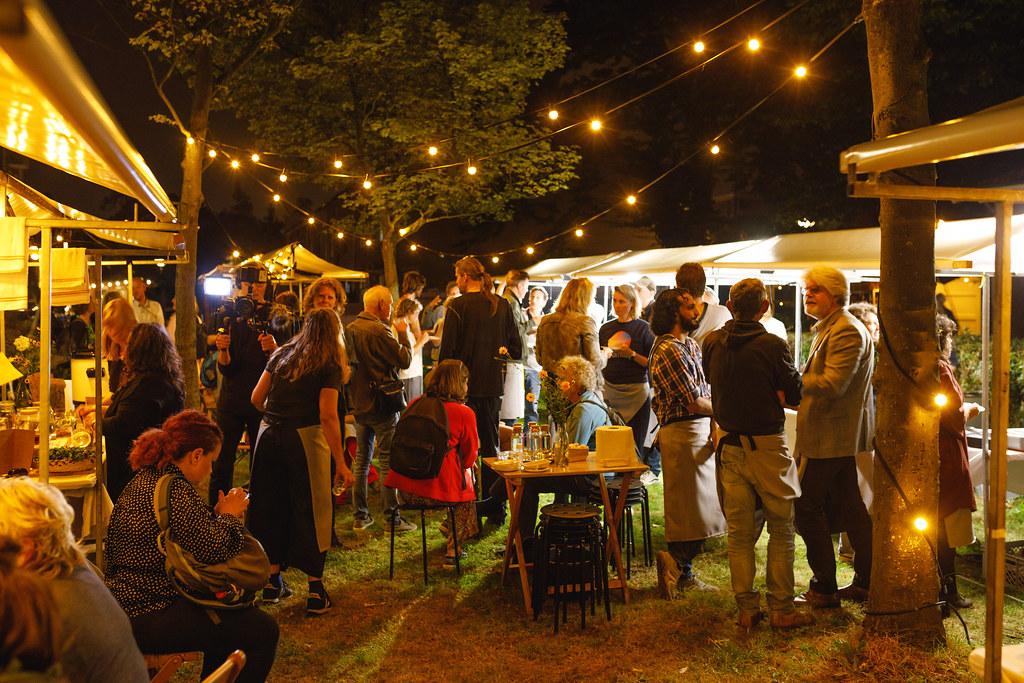
Waag Open
Academy
Waag offers courses for young people and professionals to develop students’ skills in new technologies and manufacturing methods. With the academy programme, Waag bundles and disseminates the knowledge and methods from the research labs in several formats. Waag offer a variety of learning methods: from intensive residential courses to one-off workshops.

Academy
History
Waag was founded in 1994 by Marleen Stikker and Caroline Nevejan. Its precedent was ‘De Digitale Stad’ (the digital city), which was the first public access portal to the internet and a social media platform before the idea even existed. Stikker stood at the forefront of the digital public domain. In her book ‘Het internet is stuk (maar we kunnen het repareren)' (The internet is broken, but we can fix it), she describes the evolution of the internet since the Digital City.
Known as the ‘Society for Old and New Media’ in its early years, Waag has since evolved into a Future Lab for technology and society. The organisation’s development and evolution has occurred gradually through many projects at the intersection of technology, art and science.
Anti-Racism Statement
Waag is an anti-racist organisation and strives to contribute to the growing collective awareness against all forms of racism. This means we are committed to the mission of discussing, tackling, and responding to racism when we see or experience it. We write about, among other things, how prejudices, inequalities, and racism are ingrained in technology. We also want to use our position as a public organisation to educate the public about racism in order to encourage positive change. We do this through our projects, our public programmes, and in collaboration with our current and future social partners.
Financial partners
Waag is a foundation. In the 2025-2028 period, she is being supported by the Cultural Basic Infrastructure of the Ministry of Education, Culture and Science. Within this structure, Waag has been assigned the role of Futurelab. Waag also receives a four-year grant from the Amsterdam Fund of the Arts, as part of the Plan for the arts 2025-2028 of the City of Amsterdam. Next to this, Waag executes many projects funded by public institutions and organisations, such as the European Commission, CLICKNL and Grant for the Web.
Management
Waag is a Dutch foundation, managed according to the Dutch Supervisory Board model. The managing director is founder Marleen Stikker. The Supervisory Board consists of:
- Hans Rob de Reus - Chair
- Hans van Leeuwen - Treasurer
- Haydee Sheombar - Member
- Uri Rosenthal - Member
- Sujan Lahiri - Trainee
